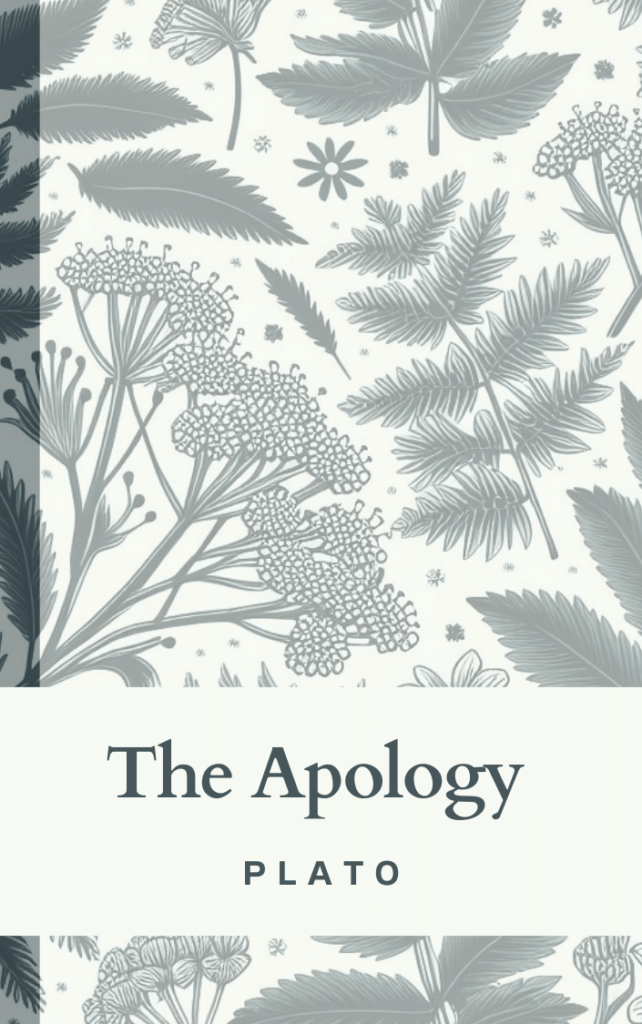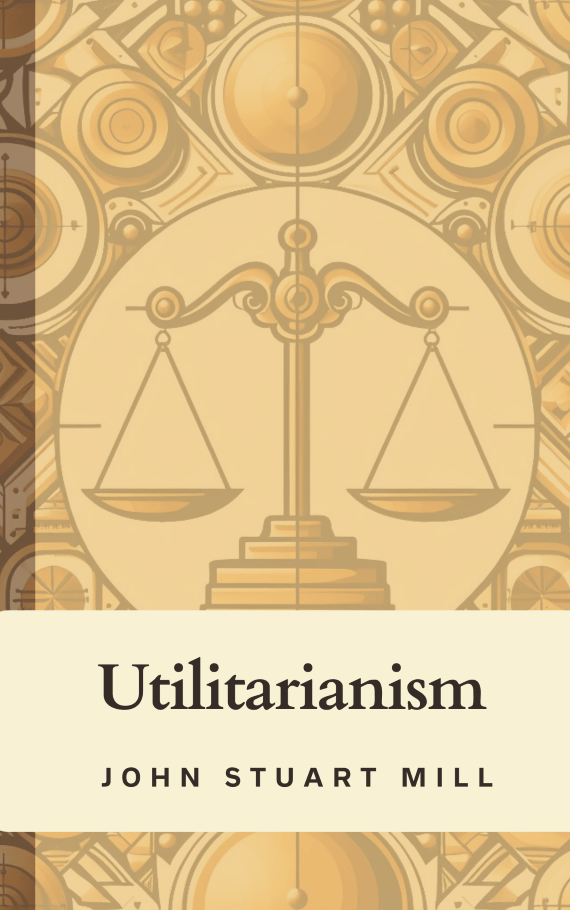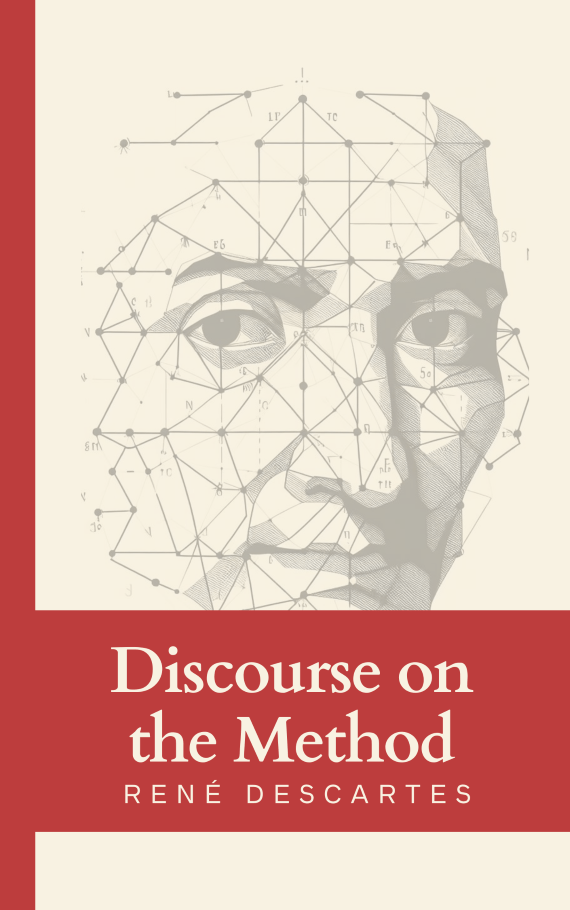
Picture delving into the timeless wisdom of great thinkers, all from the comfort of your digital device, and the best part? It won’t cost you a penny. Today, we unveil 3 philosophical gems you can read in a couple of hours, available for download at absolutely no cost
Picture delving into the timeless wisdom of great thinkers, all from computer, tablet or e-reader, and the best part? It won’t cost you a penny. Today, we unveil a treasure trove of philosophical gems, available for download at absolutely no cost
3 Short Works Of Philosophy
We all know philosophy has a reputation for being dense, difficult reads that take weeks or months to get through. And let’s be honest, many of us don’t have the time or patience for that. But what if I told you there are actually a handful of philosophy books out there that you can read in just a few hours? Books that will blow your mind and get your philosophical juices flowing without a huge time commitment.
That’s why we’ve curated a collection of three extraordinary philosophy books that can be devoured in just a few hours. These concise yet profound works are a gateway to exploring the fundamental questions of life, love, and the human condition.
But here’s the best part: our mission is to provide these books to you absolutely free. We believe that knowledge should be accessible to all, regardless of financial barriers. That’s why we’ve compiled epubs and pdfs of these public domain works and made them available for download at no cost. No subscriptions, no hidden fees. Just pure intellectual nourishment waiting for you to delve into.
Before we dive into the pages of these literary gems, let’s take a moment to understand what makes philosophy such an intriguing and essential aspect of our lives. Philosophy, at its core, is the art of asking profound questions about the nature of reality, knowledge, ethics, and the meaning of existence. It challenges us to think critically, to question our assumptions, and to explore the vast landscapes of human thought.
In this article, I’ll give you a quick overview of each book, why it’s worth your time, and how to get the most out of the experience. By the end of the day, you’ll be feeling philosophical as hell without missing out on the rest of your life. So grab a cup of coffee or tea, get comfortable, and let’s dive into three philosophy books you can read in just a few hours. And remember, there is absolutely no cost.
Apology – Plato

The Apology is an important historical text that gives insight into the trial of Socrates. As one of the first written records of a legal proceeding, it provides a first-hand account of how Socrates defended himself against charges of corrupting the youth and impiety. Rather than pleading for his life, Socrates’ speech focused on establishing that the philosophical examination of life was a public service. Reading the Apology allows you to witness Socrates’ reasoning and understand why his trial marked a watershed moment for philosophy and free thought in ancient Athens.
Plato’s recording of Socrates’ defense is also philosophically significant. It introduces Socrates’ famous statement that “the unexamined life is not worth living.” Through his questioning of Meletus and others, Socrates modeled his characteristic elenctic method of questioning beliefs and exposing inconsistencies in thinking. Absorbing the Apology exposes you to Socrates’ powerful argument that spreading philosophical inquiry and critical thinking benefits individuals and society as a whole. It presents Socrates as a champion of using reason rather than rhetoric to uncover truth.
Utilitarianism – John Stuart Mill

John Stuart Mill’s short but influential work Utilitarianism is a worthwhile read for anyone interested in moral philosophy. In this 1861 text, Mill clearly lays out the philosophy of utilitarianism which assesses actions based on their ability to maximize happiness and minimize unhappiness. He argues that utility or the greatest good for the greatest number should be the ultimate standard of right and wrong. While some critiques of utilitarianism point to its potential consequences, Mill addresses these counterarguments and defends the system as a practical approach. Overall, Utilitarianism provides a succinct introduction to this consequentialist theory of ethics that has significantly shaped discussions of morality.
Mill’s writing style in Utilitarianism is direct and accessible, making the key concepts of his perspective easy to understand. He wastes no words but takes care to thoroughly explain utilitarianism and how it differs from other moral frameworks. Readers will gain insight into Mill’s view that individual liberty is an important component of happiness. This short work had a tremendous influence on the development of modern ethics and remains highly influential today. As both an introduction and a defense of utilitarian thinking, Utilitarianism is a worthwhile read for any student of moral or political philosophy.
Discourse On The Method – René Descarte

René Descartes’ Discourse on the Method is a fascinating look into how one of the most influential thinkers in history approached solving life’s big questions. Published in 1637, the Discourse laid the groundwork for Descartes’ revolutionary philosophical system centered on doubt, reason and clear thinking. But you don’t need a background in philosophy to find value in this short work. Descartes presents his fascinating life story and the step-by-step method he used to develop his radical ideas in a clear, engaging way. For anyone curious about how to think through problems logically, the Discourse offers an inspiring example you can apply.
More than just an academic text, the Discourse is a compelling personal narrative of one man’s intellectual journey. Descartes recounts his travels, experiences and thought experiments in a lively style that keeps readers turning pages. You’ll gain insight into how he arrived at his famous “I think therefore I am” conclusion and other foundations of modern philosophy. But more importantly, the Discourse shows how anyone can develop rigorous thinking habits to gain understanding. Even if heavy-duty philosophy isn’t your thing, Descartes’ example of determined reasoning makes this a title worth checking out.
